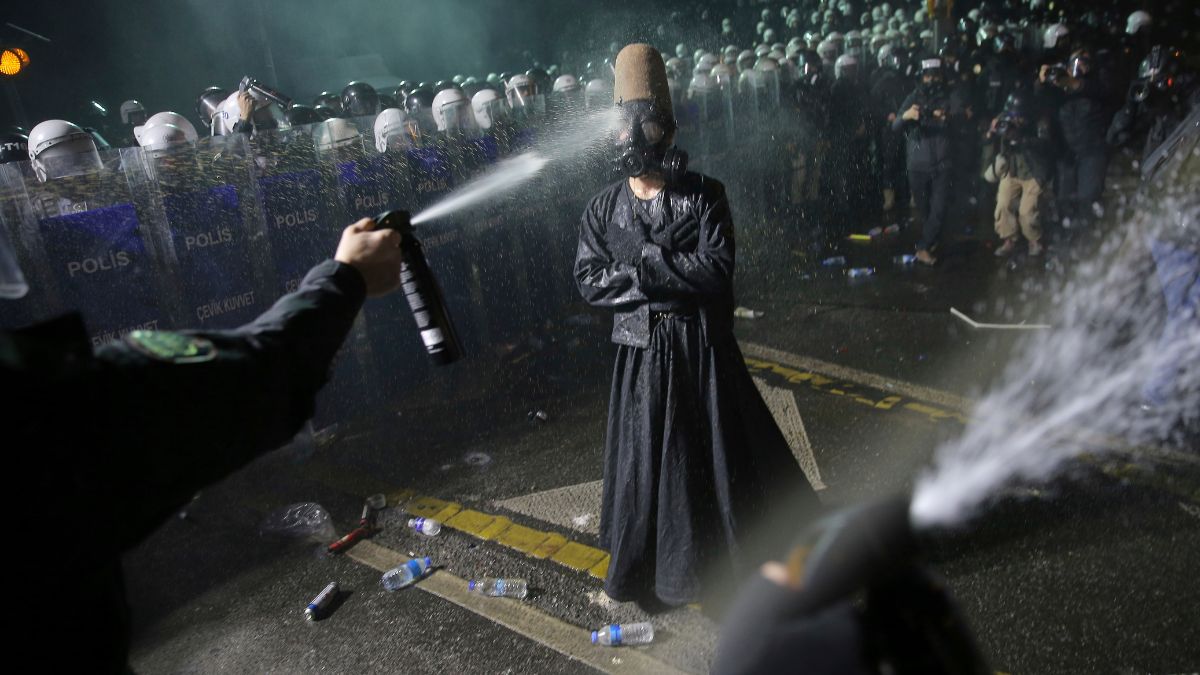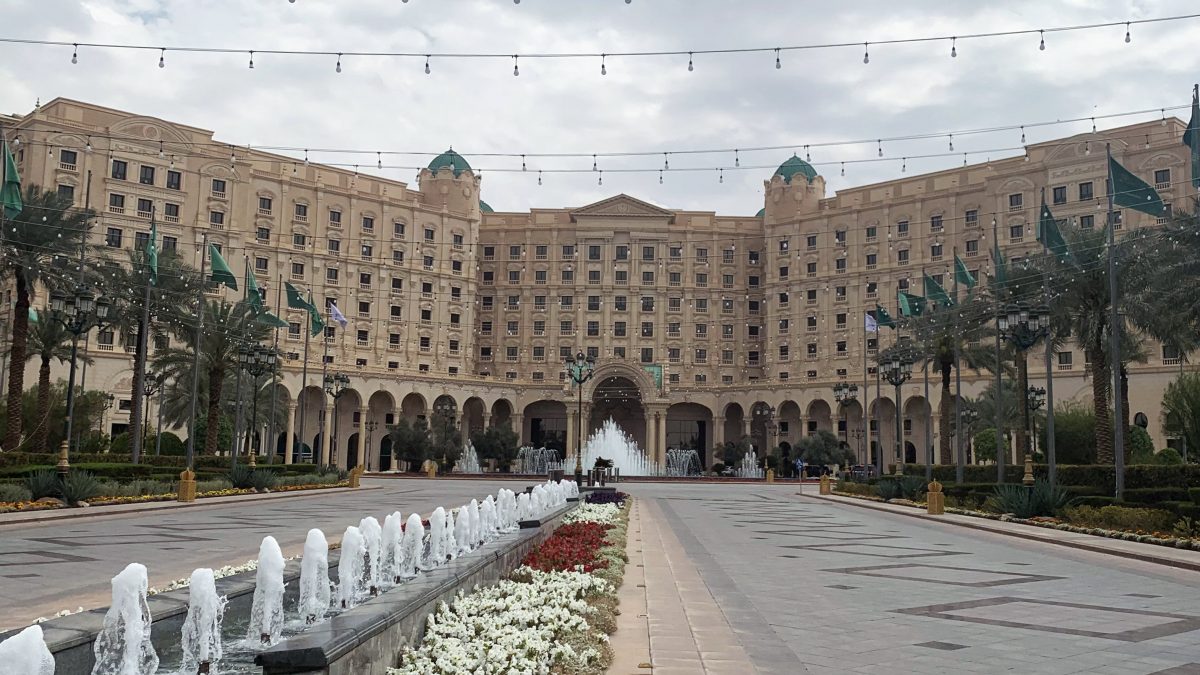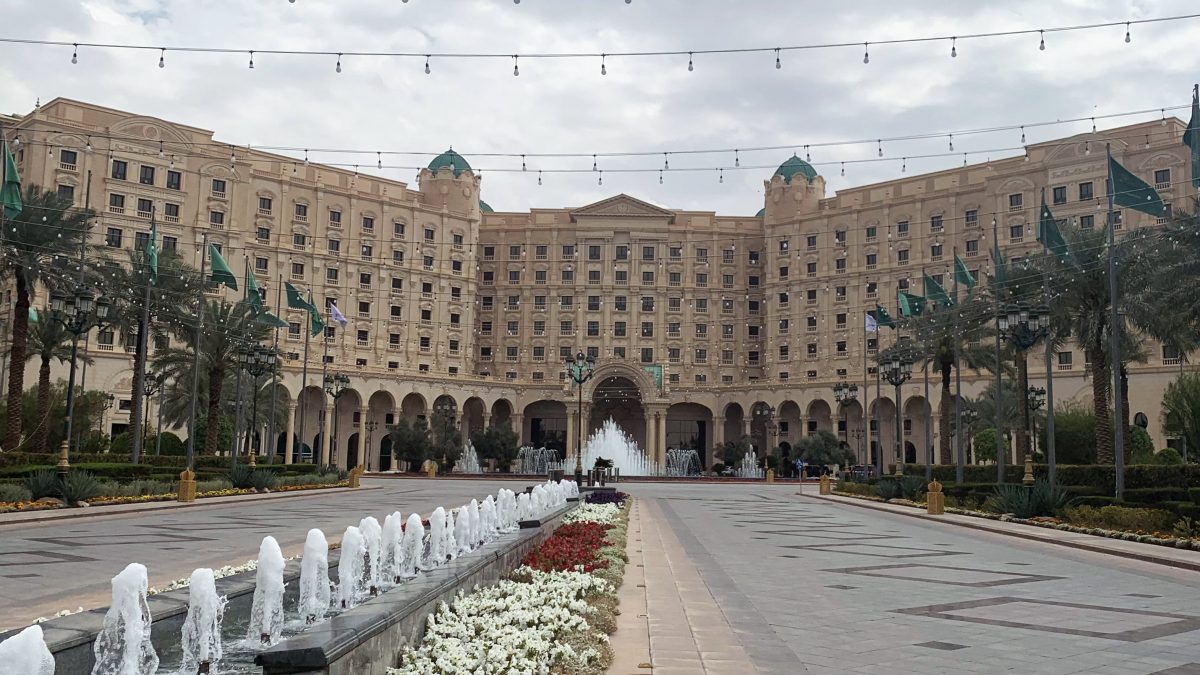Turkey is witnessing its largest wave of anti-government protests in more than a decade following the arrest of Istanbul Mayor Ekrem Imamoglu, a leading opposition figure and potential challenger to incumbent President Recep Tayyip Erdogan in the 2028 presidential elections.
Tens of thousands have taken to the streets across the country, defying bans on public gatherings to voice their discontent.
The protests have raised serious concerns about democracy, rule of law, and political repression in Turkey.
The demonstrations, which started immediately after Imamoglu’s arrest, have escalated over the past few days, with massive gatherings in Istanbul, Ankara and other major cities.
While largely peaceful, some clashes have erupted between protesters and police, who have responded with tear gas, rubber bullets and water cannons.
Hundreds have been arrested as the government tightens security measures and imposes restrictions on public gatherings.
Why was Ekrem Imamoglu arrested?
Ekrem Imamoglu, a member of the opposition Republican People’s Party (CHP), was detained on March 19 alongside more than 100 others on charges of corruption and allegedly aiding an outlawed political group.
His arrest has been widely condemned as politically motivated, with critics accusing the government of attempting to remove him from the presidential race.
Turkish authorities claim Imamoglu led a criminal organisation involved in systematic fraud, bid-rigging, bribery, and embezzlement.
Prosecutors also accused him of aiding the Kurdistan Workers’ Party (PKK), which is classified as a terrorist organisation by Turkey, the US and the EU.
However, while the court upheld the corruption charges, it dropped the terrorism-related allegations, stating that financial crimes were sufficient grounds for his detention. Imamoglu has strongly denied all charges, calling them baseless and politically motivated.
“I see today during my interrogation that I and my colleagues are faced with unimaginable accusations and slanders,” Imamoglu said on Saturday during a hearing, according to Reuters. “I strongly reject all allegations.”
Additionally, Imamoglu’s eligibility for the presidency was called into question when Istanbul University revoked his academic degree just a day before his arrest.
The university cited irregularities in his diploma transfer from a private university in northern Cyprus, effectively making him ineligible to run for office under Turkish law, which requires candidates to hold a university degree.
The timing of the decision has fuelled suspicions that it was orchestrated to block his candidacy.
How has Erdogan responded?
Erdogan has defended the legal proceedings, insisting that the judiciary operates independently and rejecting claims that Imamoglu’s arrest was politically driven. In a public speech, Erdogan denounced the protests as “street terrorism” and vowed not to tolerate unrest.
“Pointing to the streets instead of courtrooms to defend theft, plunder, lawlessness, and fraud is a grave irresponsibility,” Erdogan said. “Just as we have not surrendered to street terrorism until now, we will not bow to vandalism in the future either.”
Turkish Interior Minister Ali Yerlikaya echoed Erdogan’s stance, warning that authorities would not allow any attempt to “threaten public order and security.”
So far, over 323 people have been arrested in connection with the protests, and authorities have imposed bans on demonstrations in multiple cities.
How large are the protests?
The protests, which began on March 19, have grown exponentially. On Saturday alone, more than 300,000 people gathered in Istanbul, according to CHP leader Ozgur Ozel. The unrest has spread to other cities, including Ankara and Izmir, where police have clashed with demonstrators using forceful measures.
The scale of the protests is reminiscent of the 2013 Gezi Park demonstrations, which were the last major anti-government protests to shake Erdogan’s administration.
Back then, protests were sparked by environmental concerns but quickly evolved into a broader movement against government authoritarianism.
Many demonstrators argue that Imamoglu’s arrest is just one symptom of a larger problem, citing dissatisfaction with economic conditions, the judicial system, and press freedom in Turkey. Some protesters have called for Erdogan’s resignation, chanting slogans against his government.
How has the Opposition reacted?
Imamoglu’s arrest has galvanised opposition forces. The CHP, Turkey’s main opposition party, held a symbolic nationwide vote called a “solidarity ballot” to show support for the mayor.
More than 15 million people reportedly participated, including 13 million non-party members. Meanwhile, a primary election within the CHP to endorse Imamoglu as its presidential candidate proceeded as planned, despite his detention.
At a protest rally in Istanbul, CHP leader Ozgur Ozel told the crowd: “If you weren’t here today, if you hadn’t rushed here since the first day, if you had yielded to tear gas and barricades, then today a caretaker appointed by Tayyip Erdogan would be residing in this building.”
Other opposition figures have likened the situation to mafia tactics, arguing that Erdogan is using the judiciary as a political weapon. “Imamoglu is on the one hand in prison and on the other hand on the way to the presidency,” Ozel said.
International reactions have also been swift. The Council of Europe has demanded Imamoglu’s immediate release, while Germany called his imprisonment “a serious setback for democracy in Turkey.”
Analysts warn that Erdogan’s crackdown on opposition figures could further damage Turkey’s relations with Western allies.
What next?
The next scheduled presidential election in Turkey is in 2028, but many believe early elections could be called given the growing unrest. Imamoglu’s arrest has significantly altered Turkey’s political landscape, and his supporters vow to continue protesting until he is released.
His trial is expected to continue in the coming weeks, and the CHP has announced an emergency party congress in April to counter any government attempts to disband the party.
Meanwhile, the Erdogan administration is likely to continue its crackdown on opposition figures and tighten restrictions on public dissent.
With inputs from agencies


)
)
)
)
)
)
)
)
)



